More and More Younger COVID Patients on Ventilators, Health Minister Warns
ZAGREB, 9 Sept 2021 - Health Minister Vili Beroš said on Thursday that more and more unvaccinated people from younger age groups were being admitted to hospital due to COVID-19 infection.
By comparison, the average age of COVID hospitalized patients in the fourth wave is six years lower than in the third wave, and the average age of COVID patients placed on ventilators has fallen from 69 to 64 years, Beroš told the cabinet meeting.
94% of patients on ventilators not vaccinated against COVID
The minister emphasized that 94% of COVID patients on ventilators had not been vaccinated against the disease. He added that since the start of September when 5,360 new cases had been registered, 81.2% were unvaccinated cases.
In the period from 30 August to 5 September, 16.6% of new cases were children mainly aged between 15 and 18.
The minister said that the overall costs concerning the coronavirus pandemic increased to HRK 3 billion.
The costs of treatment have so far reached HRK 1.17 billion, which is equivalent to the cost of building a new hospital at Sušak in Rijeka, he said.
Interior Minister Davor Božinović announced the possibility of the current anti-epidemic rules being extended over the next period.
(€1 = HRK 7.476883)
For all you need to know about coronavirus specific to Croatia, including travel, border, and quarantine rules, as well as the locations of vaccination points and testing centers across the country, make sure to bookmark our dedicated COVID-19 section and select your preferred language.
Miroslav Tudman, son of Franjo Tudman, has died from Coronavirus
February 1, 2021 – Miroslav Tudman, the first child of Franjo Tudman, died in Zagreb from complications caused by Coronavirus. A scientist and educator who followed a route into politics, he bore a striking resemblance to his father, the first President of Croatia
Miroslav Tudjman, HDZ member of parliament and son of Franjo Tudman, the first President of Croatia, died in the evening of Sunday 31 January 2021 in Zagreb. He was 75 years old.
Miroslav Tudjman had been hospitalized in Zagreb at the beginning of December due to complications caused by Coronavirus. He had been placed on a respirator. He sadly lost his fight for life at the Dr. Fran Mihaljevic Clinic for Infectious Diseases, Zagreb.
Born in Belgrade in 1946, the son of Franjo Tudman and his first wife Ankica Zumbar, Miroslav Tudman moved to Zagreb in 1961. He graduated from the Faculty of Philosophy at the University of Zagreb in 1970 and later became part of the faculty, founding its Institute for Information Studies in 1989.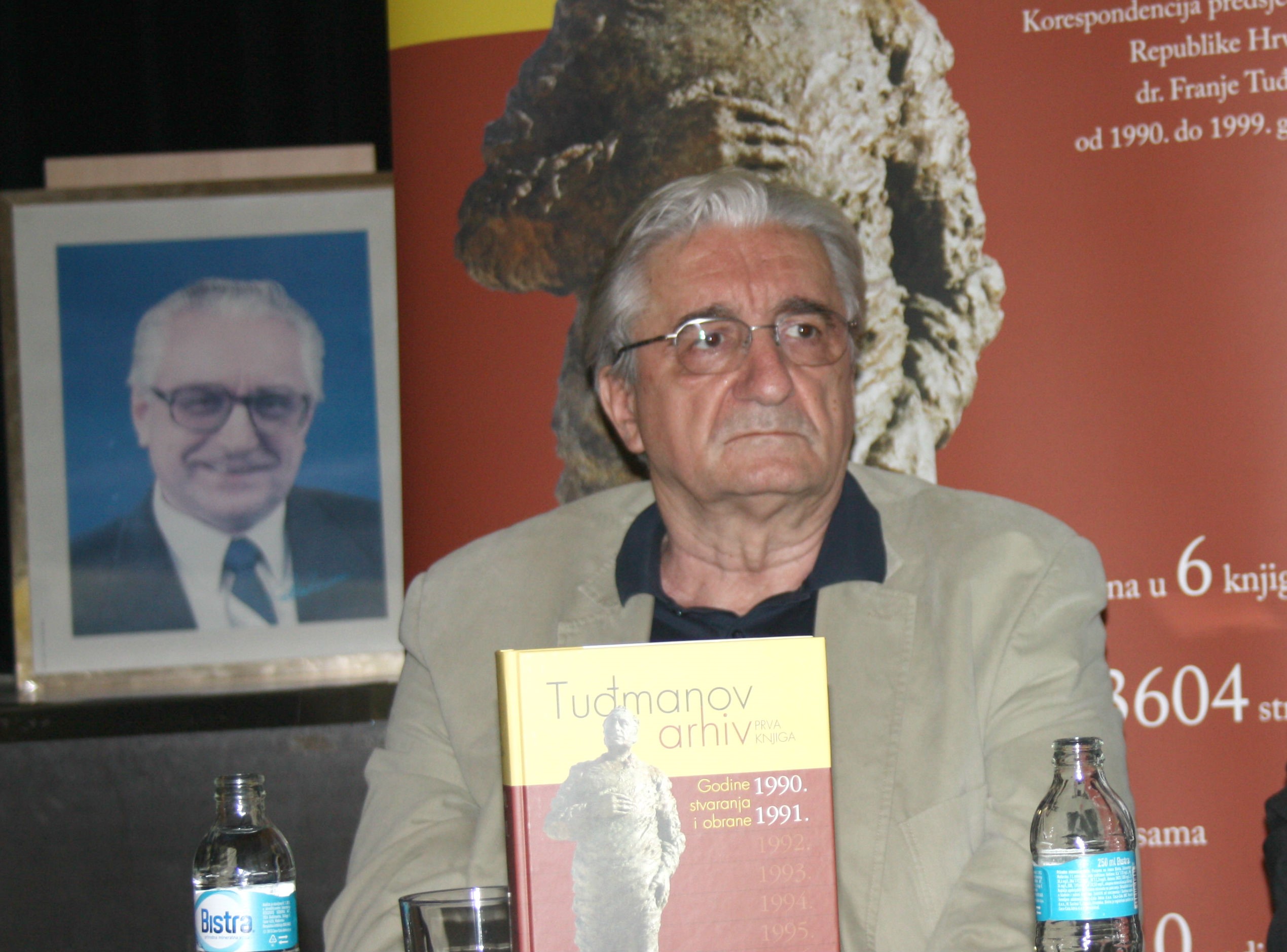 Miroslav Tudman © HDZ
Miroslav Tudman © HDZ
He took part in the Croatian War of Independence and in 1992 Miroslav Tudman became the head of the Centre for Strategic Research. He took up the role as the deputy head of the National Security Office before founding and leading the first Croatian Intelligence Agency (Hrvatska izvještajna služba, HIS). In 1998, Miroslav Tudman became a tenured professor at the Faculty of Philosophy where he had studied.
Miroslav Tudman had dallied with politics since before the war, but it was only after the passing of his father – who died while in office – that they became a more consuming affair for him. He flitted between running as an independent candidate, within fringe parties and as a member of HDZ, the party to which his father belonged. His longest duration with any party was from 2011 and 2021, during which he was a member of HDZ.
At the time of his death, he was a member of the Croatian parliament, head of the Parliamentary Delegation to the NATO Parliamentary Assembly, a member of the Committee on Defence, Internal Policy and National Security, War Veterans and Inter-Parliamentary Cooperation.
Bearing a very close resemblance to his father, Miroslav Tudman was named after Croatian writer Miroslav Krleža who his father adored at the time of his firstborn child.
Prime Minister Andrej Plenković said that he received the news of Miroslav Tudman's death with sadness.
"It is with great sadness that I received the news of the departure of Prof. Miroslav Tudman, PhD, a dear colleague, friend and member of the Croatian Parliament, son of the first Croatian President Franjo Tudman, a prominent politician and a scientist dedicated to protecting national interests," he wrote on Twitter. "In these sad and painful moments, for the Tudman family, I express my sincere condolences and sympathy, on behalf of the government and myself."
For the latest travel info, bookmark our main travel info article, which is updated daily.
Read the Croatian Travel Update in your language - now available in 24 languages
Croatian Healthcare Workers: Christmas's Forgotten Heroes?
December 28, 2020 – Amidst the difficulties of a second lockdown, a socially distanced Christmas and yet more earthquakes, have we forgotten about Croatian healthcare workers? TCN decided to interview a doctor working on the front line of the fight against COVID
During the first lockdown, it was all about the balconies. Saxophonists, DJs, opera singers – we were entertained on social media by a string of balcony-based stunts that somehow showed resilience, community spirit, humour. Zagreb was no exception. A trend of clapping on balconies in appreciation of healthcare workers passed from country to country and was picked up in Zagreb. After the applause finished, people went back inside. Nothing much had changed. It was a nice enough gesture.
Since the start of summer, no such applause has been heard. Perhaps the release from lockdown gave the signal that the lives of Croatian healthcare workers had also become much easier? That certainly wasn't the case. Though the number of people infected with COVID has grown significantly over recent weeks, Croatian healthcare workers have been treating people sick with COVID since springtime.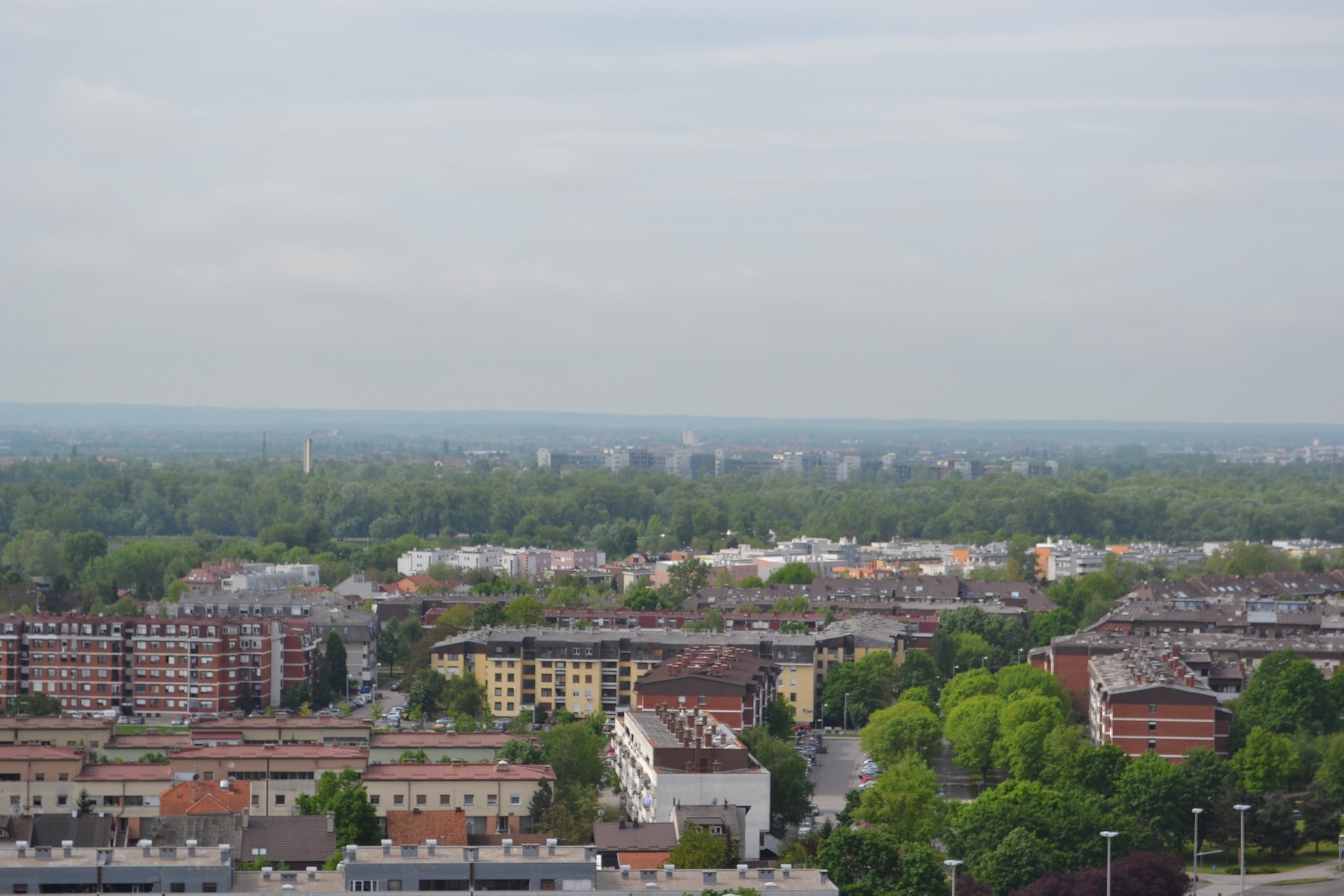
Croatian healthcare workers are currently busier with COVID patients than at any time before. And yet, there are no more trips out onto the balconies to show our appreciation for them. Perhaps it's now too cold outside? Perhaps some aren't aware how busy Croatian healthcare workers currently are with COVID patients? Are we perhaps guilty of taking Croatian healthcare workers for granted? Or, maybe we have simply put Croatian healthcare workers to the back of our minds as we struggle with our own challenges?
Throughout this year, TCN has been pleased to report many instances of generosity and innovation directed towards the fight against COVID. Certainly, not everyone in the country is guilty of forgetting about the Croatian healthcare workers who are on the front line fighting this disease. But, how much impact do these instances have on the general lives of Croatian healthcare workers? What is it like to no longer hear the nightly appreciation from our balconies? And, just what is life like as one of the many Croatian healthcare workers battling COVID in the year of the pandemic? TCN decided to interview one to find out.
The doctor we spoke with is a resident physician, working at a smaller community hospital in the continental part of Croatia. They agreed to speak with us on the condition that they do so anonymously.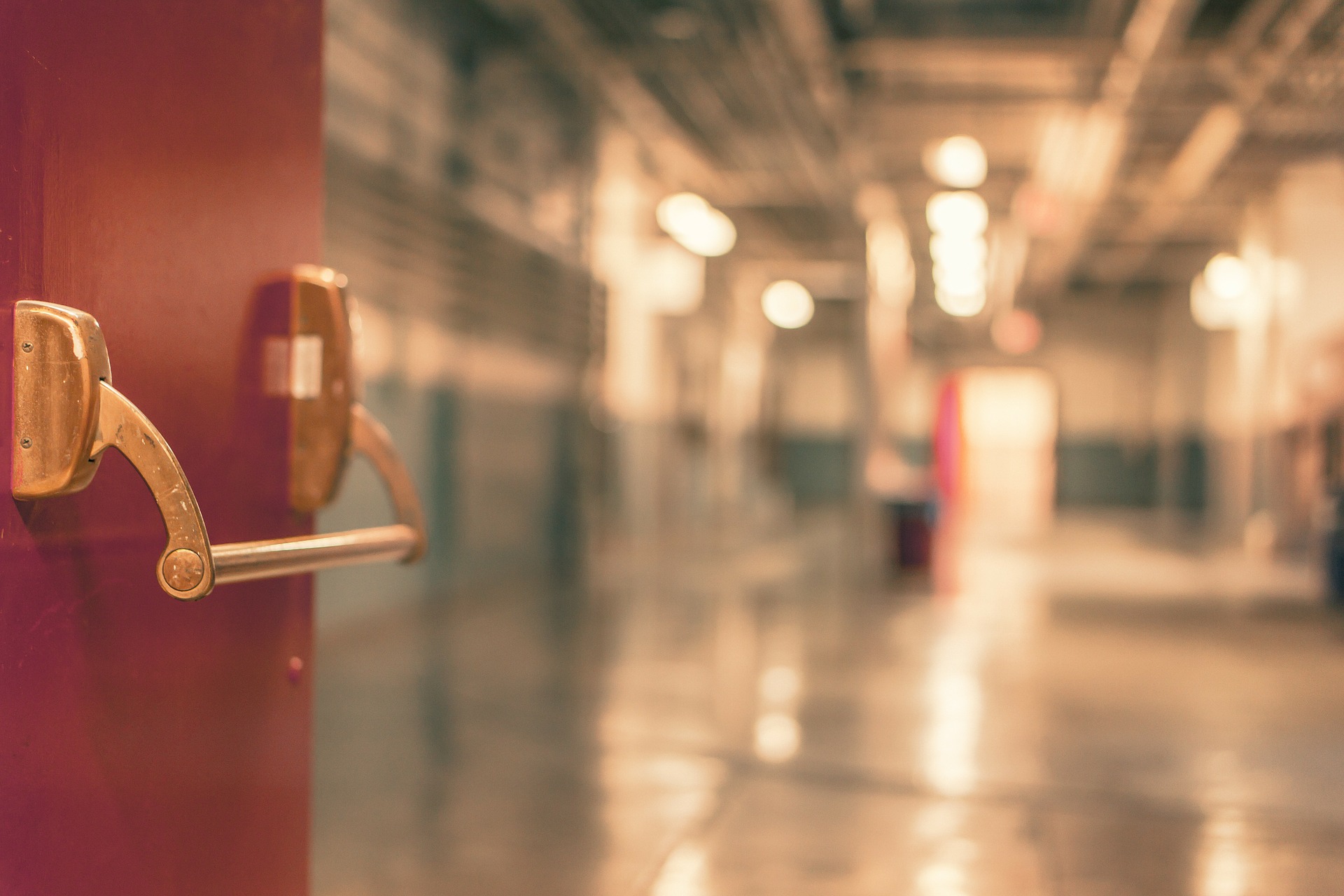
Looking back at the first lockdown, we didn't know so much about COVID back then. We didn't know exactly how it was spread, the different manifestations of the disease, what course the disease took, nor what the recovery could be like. I think the government did a really good job of responding to the threat as they saw it. We had a small spike in cases, but that is minuscule to what we have now.
I think people generally did what they were told because they thought it would be temporary and they could see the sense in starving the disease out.
At the hospital, we were at first caught a little off guard with the amount of PPE we had and some other resources that we needed. For ICU and ventilators, we were well equipped.
Some of the residents were given some paid leave. It was important to put human resources into tiers. Croatian healthcare workers were certainly more predisposed to catching the disease, simply because they were around it every day.
After such great early successes, I was surprised that everything was relaxed later on to allow the tourist season to take place how it did, and for events like the Vukovar commemoration. It felt like it was a calculated risk. The lockdown we are now in is perhaps too little, too late. The disease is out there now, wild. The numbers of infected people are significantly higher.
The difficulty with this disease is that people can be infected and have very few or no symptoms at all. They might not know they are spreading the virus. You might not know you're sitting next to someone who has it.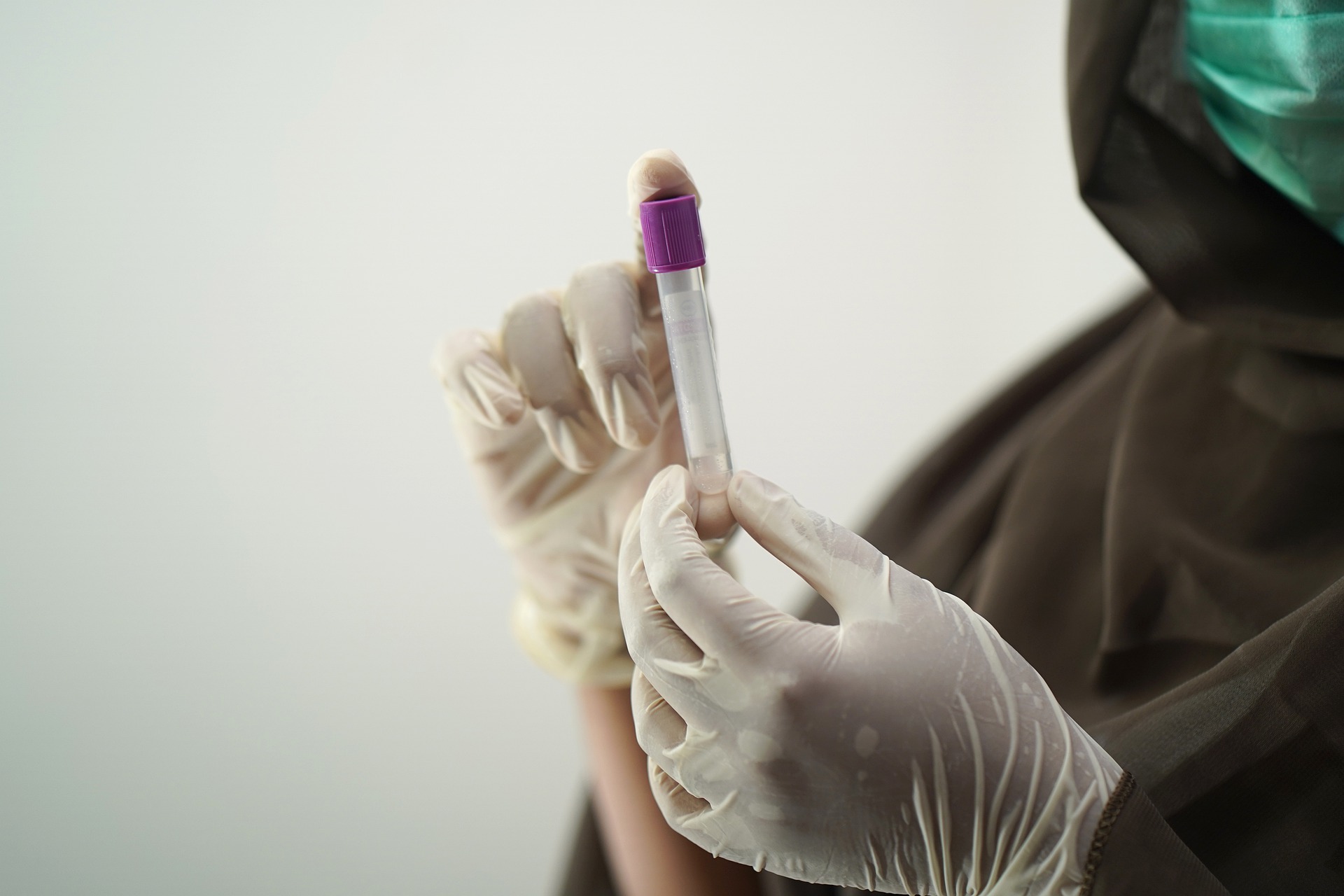
Even though we're not at the centre of care for a major population area or city, we saw cases of the disease almost immediately. Our community hospital services an area containing around 150, 000 people. The first cases in April came from nursing homes – elderly, vulnerable people, many with pre-existing conditions. We were well equipped to handle it. Now, we are stretched on a daily basis. We fill the beds with sick people as soon as we empty them.
We wear masks and PPE all day, all the time. All Croatian healthcare workers in hospitals currently do this. Every patient who comes in, regardless of their symptoms, we treat them as though they are carrying the disease.
A lot of residents like me, who are working towards getting their specialty, go to do some periods of work in larger hospitals in the bigger cities. Now, many of those residents have been called back to their community hospitals – we are short on human resources.
The hospital has had to restructure itself significantly. Lots of doctors have been asked to provide cover in the emergency department. Over half of that area is now fully dedicated to COVID.
What do COVID patients look like in regards to their symptoms? It depends on their age and risk group, but you see people who look like they have flu or bacterial pneumonia, you see people who are in acute respiratory distress. Sometimes they have neurological changes, some of them look like they have had a stroke. Some people who have been infected and have supposedly got over the worst of the symptoms, come back in after a month or two with blood clotting problems – blood clots in the legs, which have a tendency to travel up to the lungs and cause a pulmonary embolism. That's a pretty big medical emergency. Some who have pre-existing heart conditions come in with a heart attack triggered by them catching COVID – it's more complicated trying to revive someone when you know they have COVID. The presentation of the disease is so variable.
It's not only older people. I've seen young people be admitted with serious reactions to COVID - young, healthy people who have no pre-existing conditions. I've seen young people come in with mild symptoms, they are sent home with antibiotics and steroids. That is the standard treatment – antibiotics to prevent a bacterial super-infection and steroids to prevent an acute reaction by the body's immune system to COVID. - that's what can cause big problems later on, in the course of the illness. But, sometimes that's not enough. I had a young patient just last week - super healthy, worked out regularly, no pre-existing conditions – and his lungs just looked awful. He had to go to the ICU immediately (sadly, this patient later died). That's like no disease I've ever seen before. Really, COVID is a completely new kind of animal.
The new strain of COVID? There is evidence that it can be spread more easily, and that it can affect more younger people, but there is no evidence that it is any more severe. The vaccines will work against it.
We're short on ventilators now. Really, we need two free ventilators at any time, in case there is an emergency admission. We are not currently in the position where we always have two free ventilators – sometimes they are all in use. That's a worry. I worked one shift where the anaesthesiologist said “We just don't have any more space for them – we will just have to put them in the hallway”. I've never seen that before.
I've heard of Croatian healthcare workers, colleagues in other hospitals getting sick with COVID and the hospital asks them to prove they got sick at work. It's pretty clear that's the most likely place they would have got sick because they're working with COVID patients. They were forced to be off work, but only on a lower level of sick pay. If you get ill because of being at work, you get full pay. But, they couldn't prove it, so they didn't get that.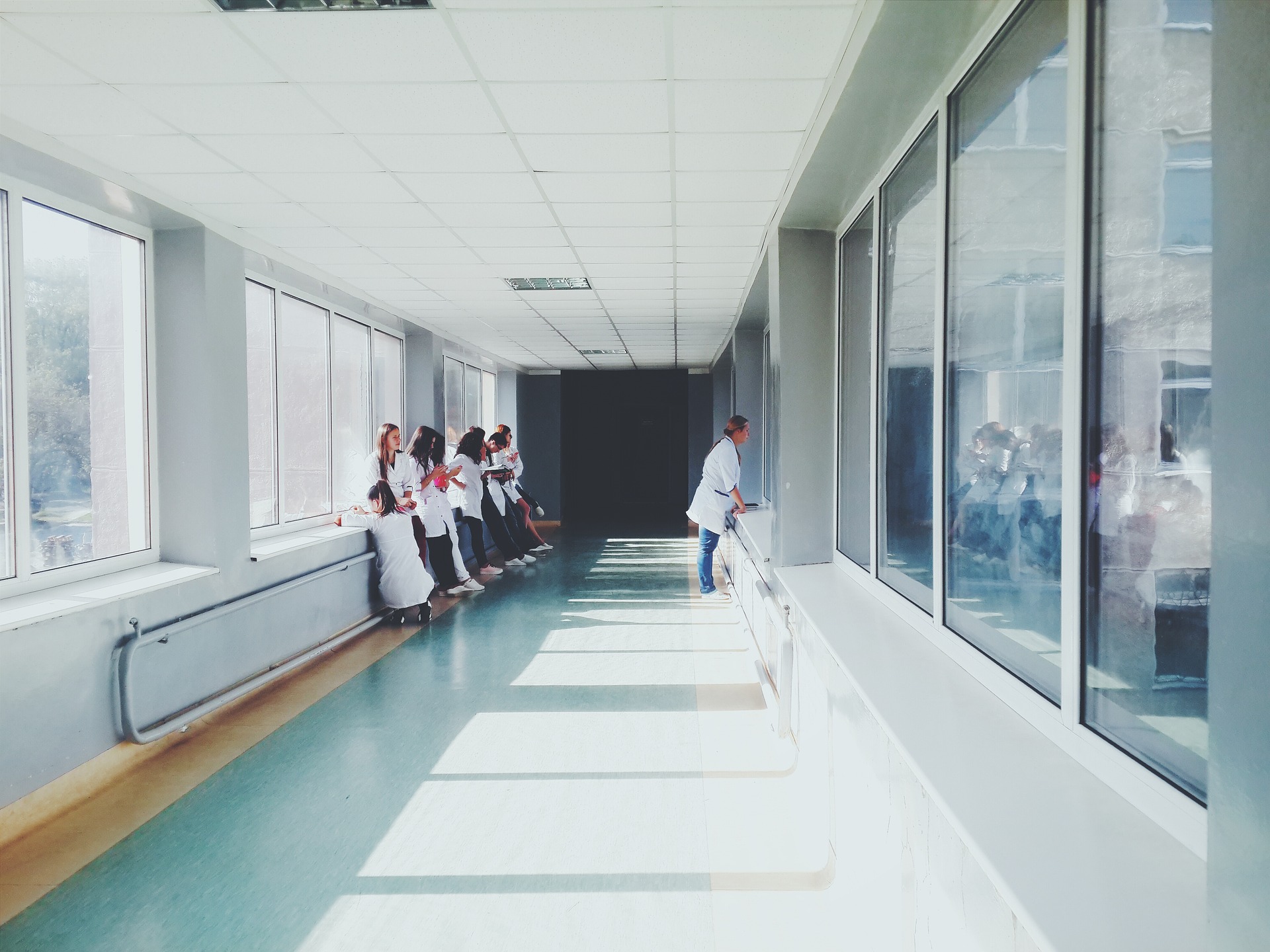
I've been lucky – I haven't caught COVID yet. Well, as far as I know. My pay hasn't gone down, it's gone up – but only because I'm working so many double shifts. I volunteer to provide cover when other members of staff get sick. The specialists – the consultant doctors – they have it worse than us resident doctors. They are more responsible, so they are expected to work more hours. Nobody is pressured or threatened into picking up extra shifts, it's just something that almost all of us just do.
I've read some nice stories about fundraising efforts and donations to Croatian healthcare workers and hospitals in different parts of the country. Everything is appreciated. But, I personally haven't seen any effect of that on our day to day lives at work. Not at our hospital. Maybe there were PPE donations or cash donations, but it hasn't impacted the daily lives of me and the Croatian healthcare workers who are my colleagues. I think I heard that a local garage was giving free cups of coffee if you show your medical ID. Every little is appreciated.
For me and the Croatian healthcare workers who are my colleagues, instead of any kind of personal discounts or donations to staff, we would much prefer if people just took this disease more seriously. Things look very different when you work in a hospital compared to someone outside who maybe doesn't know anyone who got sick.
I came off a particularly difficult double shift a couple of months ago – it was just non-stop COVID admissions, some severe cases. As I was walking home, I walked past a bar that's near to the hospital. They had signs on the walls telling people to keep their distance. But, the bar was absolutely packed – full of young people. It just felt so disappointing. I couldn't help but think of the older relatives they would come in contact with, some who might get really sick.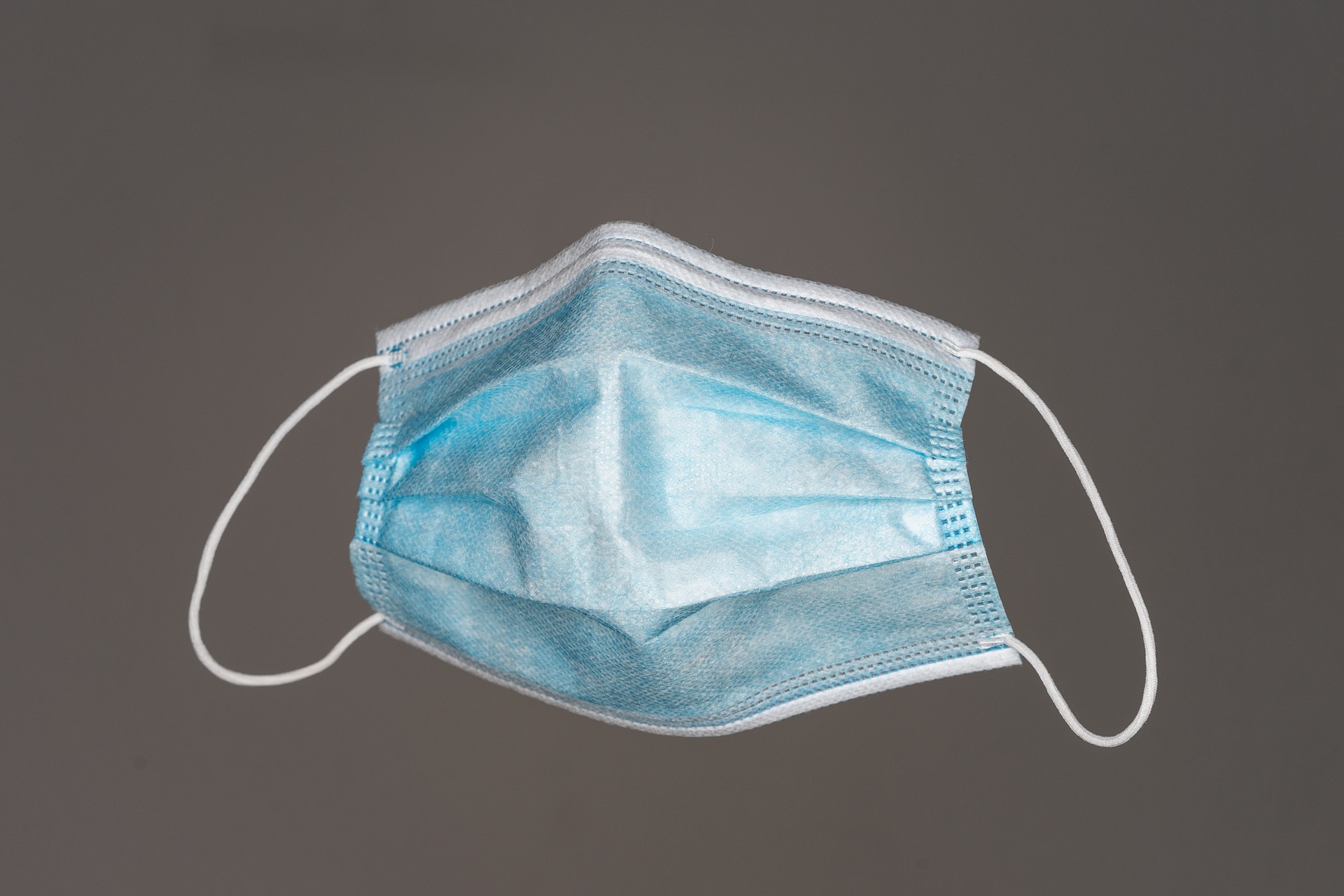
Instead of people clapping on balconies, I think Croatian healthcare workers would just prefer more general vigilance and personal responsibility – wear your mask, wash your hands regularly, no more parties in the basement. Clapping on balconies is a nice gesture, but ultimately it's an empty one.
How does it feel to know that there are some people out there, in every country, all around the world, who believe COVID is a hoax, or a plot, or not so serious, or that the vaccine is dangerous or something other than what it is?
Well, it's not always the content of the conspiracy theory that appeals to these people as much as it is their inability to accept facts – the truth – because they have little faith in the authorities that are telling them this. Here in Croatia, I think that distrust is quite high – a lot of people are disillusioned with the state and politics, because of corruption. Sometimes over 50% of the population choose not to vote. The dissemination of misinformation over social media doesn't help - if that's where people get their news from. If you look at that example from your own country, where strict measures about movement were put in place by your government, and immediately afterward, the Chief Advisor to the Prime Minister, was caught breaking them to travel across the country with his family to a second home in the countryside, going out on day trips. And he was defended by his colleagues after he was found out! When people see those kinds of things happening, the distrust between people and the authorities just grows.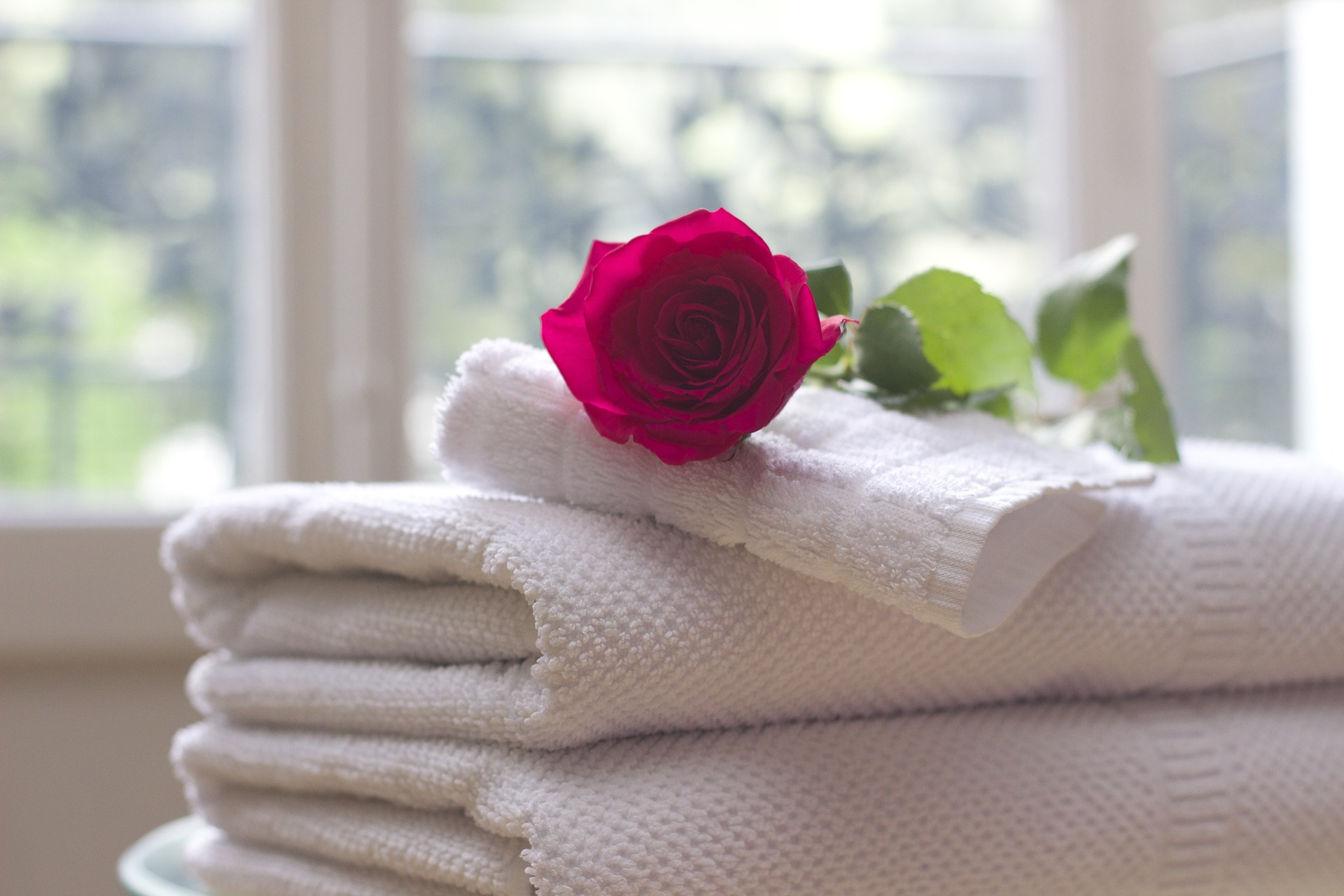
All of the images in this article are used as illustrations only. None of the places or people depicted are in Croatia or Croatian, except for the first image, a panorama of Zagreb
Minister Says Hospital Increasing Capacity to Admit COVID-19 Patients
ZAGREB, Dec 14, 2020 - Health Minister Vili Beros said on Monday that his ministry had sent the KBC Zagreb hospital, the KB Dubrava hospital and the Hospital for Lung Diseases, also in Zagreb, an instruction to urgently take steps to increase their accommodation capacity for COVID-19 patients.
Beros said the instruction was sent in light of the current epidemiological situation and that the three hospitals would also secure additional staff and equipment.
He added that activities related to the reassignment of medical workers and equipment were ongoing, underlining the deployment of additional doctors and nurses to the hospitals in Varazdin and Cakovec.
"At the meeting with epidemiologists on December 11 we analysed the strategy for fast antigen testing in order to put hotpots under control. Today's meeting of the expert group of the COVID-19 response team discussed the need to increase the accommodation capacity of medical institutions and other current problems so as to determine steps to be taken in the coming weeks," Beros said.
He added that the distribution of 100,000 rapid antigen tests from commodity reserves to county institutes of public health had begun and that so far a total of 250,000 had been distributed.
Beros stressed that the number of COVID-19 patients who were being admitted to hospitals had grown mildly compared to last week, as had the number of new patients on ventilators.
"Even though it is resilient and sustainable in terms of organisation, the health system must be protected from maximum strain. Our main goal is to maintain, as long as possible, the centralised treatment of COVID-19 patients, that way we are reducing the possibility of the virus entering more hospitals, which will make it possible to continue providing regular medical care," said the minister.
He reported that the number of coronavirus infections worldwide had exceeded 72,655,000 and that the number of related fatalities was above 1,619,999.
In Croatia, there are 1,430 active cases among medical workers while 807 are in self-isolation.
Arena Zagreb to Accommodate COVID-19 Patients in Final Stage of Recovery
ZAGREB, November 26, 2020 - Interior Minister Davor Bozinovic said on Thursday that the Arena Zagreb sports hall has been activated and equipped for the accommodation of COVID-19 patients.
"The Arena has been activated, mobilised and equipped. When it will become operational will be decided by medical professionals and the Health Ministry. It is intended for patients who have passed the worst stage of the disease. We will see when this will be, but it can be soon," Bozinovic told a press conference at which new measures to contain the coronavirus pandemic were presented.
He added that the Arena would accommodate hospital patients who had not fully recovered and who needed to spend some more time under medical observation.
Bozinovic said that regional government units could adopt additional measures provided that they were tighter than those adopted by the national coronavirus response team.
The Defence Ministry said on Thursday that army personnel were on standby to assist the public healthcare system in case of opening of the medical unit at the Arena Zagreb.
Number Of Hospitalized COVID-19 Patients In Croatia Up 110% - Newspaper
ZAGREB, Sept 5 (Hina) - The number of hospitalized COVID-19 patients in Croatia has increased by as much as 110% in the past 15 days, Jutarnji List daily said on Saturday, adding that the growing number of severe cases is worrying.
Although the actual figures do not seem so terrifying, because 135 people were receiving hospital treatment for COVID-19 on August 21, while their number on September 4 was 283, the trend is a serious cause for concern, the newspaper said.
The number of active cases in this period jumped by 47%, which is more than half the increase in the number of hospitalized patients, as the number of active cases rose from 1,841 on August 21 to 2,703 on September 4.
A further cause for concern is the fact that the share of hospitalized COVID-19 patients in Croatia in the total number of infected people was 7.33% on August 21, while on September 4 it was 10.5%, Jutarnji List said, adding that the number of deaths in the said period rose from 169 to 195.
These figures are not surprising given that Croatia has been seeing negative trends for days now, and it was only logical that this situation would also affect the hospitals, which were not under too much strain this summer despite the constant presence of the virus. This was mostly due to the fact that symptoms of the disease were milder than those seen during the first wave of the epidemic from March to June, and the fact that people spent much more time outdoors, Jutarnji List said.
For the latest travel info, bookmark our main travel info article, which is updated daily.
Read the Croatian Travel Update in your language - now available in 24 languages


